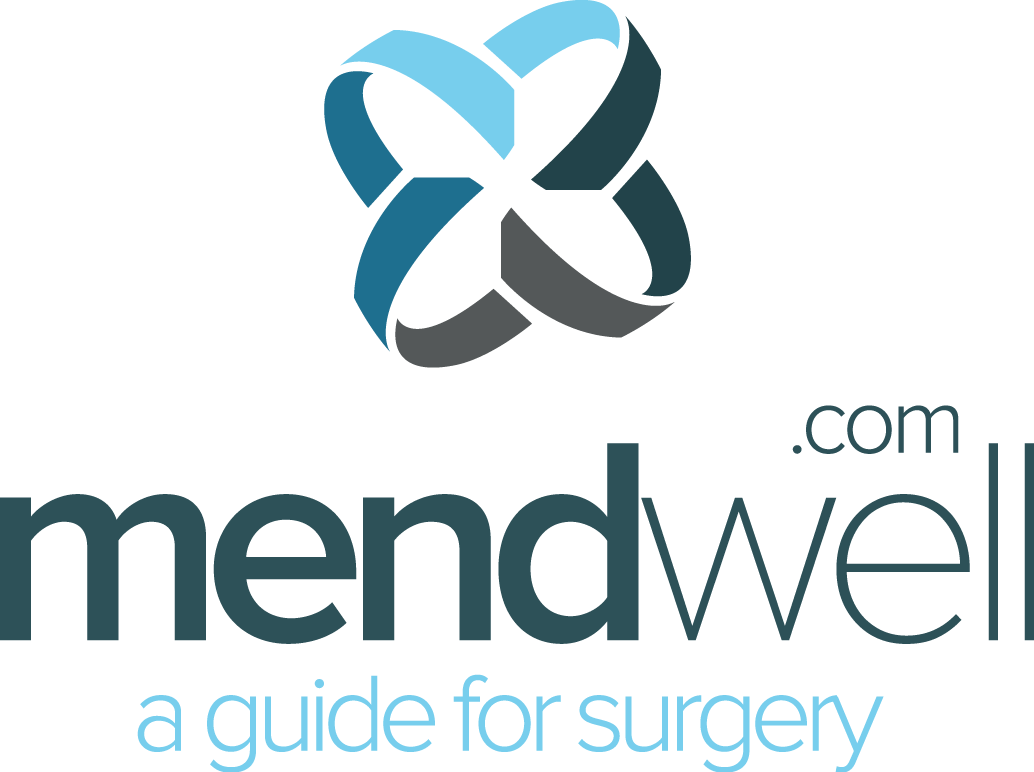The Importance of Good Nutrition: 5 Fascinating Ways Your Diet Affects Your Overall Wellness
We’re all well aware of the intrinsic link between our diet and our body weight—but the importance of good nutrition stretches far beyond waist circumference. When we understand the impact our diet has on our overall wellness—from the appearance of our skin to our body’s ability to fight viruses—reaching for a handful of fruit instead of fried chips becomes an easier, more meaningful choice to make. Today, then, we’re breaking down five fascinating benefits of good nutrition. Read on to see why an apple a day keeps the doctor away and so, so much more…
1. Good nutrition can improve your ability to fight off illness.
Along with controlling stress and getting enough sleep, nourishing your body with a healthy diet plays a major role in your overall immune function. In order to function properly, your immune system needs a wide range of nutrients—a diet lacking in any micronutrients can result in suppressed immunity.
In particular, the common Western diet (one that’s heavy in refined sugar, saturated fats, and processed foods) is thought to be a contributing factor to suppressed immunity, as it can induce inflammation, affect the balance of the microbiome, and result in chronic inflammation of the gut (gut bacteria plays a strong role in the development and function of your immune system).
While there’s no one food that can boost your immune system, taking in a healthy balance of the following helps ensure your body has the nutrients it needs to maintain a healthy gut and a strong immune system:
- Citrus fruits
- Green leafy vegetables
- Spices like garlic, turmeric, and ginger
- Healthy fats (likes the kind found in nuts, olive oil, and fatty fish)
- Probiotics (like the kind found in yogurt)
2. Good nutrition can help you recover faster from surgery and injuries.
When it comes to the importance of good nutrition, perhaps one of the most overlooked benefits is the pivotal role diet can play in your ability to recover quickly. Whether you’re stuck on the couch after a major surgery or relegated to a few weeks of reduced activity as you recover from a sports injury, one of the quickest ways you can get back on your feet and ensure a safe, successful healing period is to pay close attention to what you’re eating. Here are some tips:
- Take in plenty of protein: Your body needs extra protein as it recovers to rebuild tissues, synthesize collagen (to form scars), repair muscle damage, and speed up wound healing. Taking in an increased amount of protein also helps reduce the risk of losing muscle mass due to reduced activity. The American Society for Enhanced Recovery recommends 1.2-2 grams of protein per kilogram of your body weight (1 kilogram is equal to roughly 2.2 pounds).
- Avoid a red-meat heavy diet, as red meat can trigger inflammation.
- Instead, opt for the healthy protein you’ll find in lean poultry, seafood, nuts, legumes, eggs, and seeds.
- Drink bone broth: Bone broth is a nutritional powerhouse. Full of minerals and gelatin that can help regenerate body tissue—and rich in protein—it’s one of the most overlooked healing foods out there. A major bonus? It’s easy to sip when you’re not feeling up for eating solid food
While you can purchase bone broth at the grocery store, be sure to check the label to make sure it’s not full of additives and fillers; the best bone broth will solely contain beef or chicken bones, water, vegetables, and possibly turmeric, ginger, and/or apple cider vinegar (we love Epic Artisanal bone broth, which is typically available at Whole Foods or on Thrive Market). If you can’t find a trusted brand at the store, making bone broth at home is easy and highly effective. - Avoid refined sugars: Refined sugars and fructose can disrupt your body’s mineral balance, reduce your calcium stores, lead to major energy crashes, and even increase your risk of surgical-site infection. If you’re craving something sweet as you recover, turn to berries or citrus fruits instead of packaged sweets and pastries.
- Watch what you eat before surgery as well: Patients who are malnourished at the time of surgery are 3x more likely to suffer from complications than those who enter anesthesia properly nourished. If you have a surgery planned, make sure you’re taking in plenty of protein, vegetables, whole grains, and fruits—and avoiding alcohol and refined sugars—as you prepare.
3. The right nutrition can improve your skin’s appearance and health.
The old adage, “you are what you eat” couldn’t be more true when it comes to your skin. While there’s no single magic food for giving you a youthful, dewy glow—there are a handful of vitamins and minerals that have been proven to do everything from slow down the effects of sun damage to help keep breakouts at bay:
- Diets high in vitamin C and low in carbohydrates are linked with less skin-thinning and fewer wrinkles.
- Vitamins D & E can lessen inflammation and swelling caused by acne.
- Antioxidants (like the kinds you’ll find in fruits, vegetables, dark chocolate, and green tea) can help protect from sun damage.
- Reducing your intake of refined sugar may help reduce your risk of developing wrinkles and sagging skin.
- Omega-3 fatty acids (the kind you’ll find in fatty fish) keeps skin supple, thick, and moisturized.
- Zinc helps with wound healing and combats bacteria and inflammation.
- Beta carotene (which can be found in sweet potatoes, oranges, carrots, and spinach) can act as a natural sunblock and prevent skin-cell death and dry, wrinkled skin.
4. A great diet can extend your life (literally!).
It sounds like a bit of a stretch to say good nutrition can lead to a longer life—but, time and time again, what you eat has been proven to play a key role in your lifespan. One 2018 Harvard study found that adopting five distinct healthy habits could extend life expectancy by a staggering 14 years for women and 12 years for men. One of those five habits? Eating a diet high in plants and low in fats.
We also know that in “blue zones” (areas of the world where more people have significantly longer lifespans), while the specifics of the actual diets vary greatly by region, one thing holds true across all blue-zone locales: the local diet is heavily plant based, with very little meat, dairy, or refined sugars.
Lastly, it’s no secret that poor nutrition can lead to obesity, diabetes, heart disease, stroke, and cancer—all of which can either directly or indirectly cut your life short.
5. Your diet affects your menstrual cycle.
Listen up, ladies—if you’re a female who menstruates, the importance of good nutrition is paramount. As females with periods, our bodies are constantly working their way through a very specific cycle. We often don’t think about it—but our bodies require specific nutrients depending on what point in the cycle they’re at. Being cognisant of what your body needs throughout the main phases of your cycle can help decrease the symptoms of PMS, decrease menstrual cramps, and encourage a healthier, more “regular” cycle.
If you really want to dig deep into optimizing your cycle using diet, we highly recommend the book “Seeing Red: The One Book Every Woman Needs to Read. Period.” by Kirsten Karchmer (it’s a game-changer!). But for now, here’s a quick-and-basic breakdown:
- Focus on energy-boosting foods during the follicular phase: The follicular phase starts on the first day of menstruation and covers the 7-10 days before you ovulate. Here, your hormone levels here will be at their lowest point, which means so will your energy levels. Focus on iron-rich foods and B-12 to help your body prepare to release an egg.
- Cut back on carbs during ovulation: With higher levels of both estrogen and testosterone, you’ll likely be less hungry during ovulation, have higher energy levels, and require fewer carbs. Focus instead on high-fiber foods and aim for an intake of 1TBS of sunflower and sesame seeds each day, which may help support you during this phase.
- Eat fiber-rich foods, and eat regularly during the luteal phase: One major thing you want to avoid as your body is preparing to menstruate is missing a meal, as progesterone makes your body more sensitive to drops in blood sugar. Constipation can also occur right before or at the onset of menstruation, so be sure you’re getting plenty of fiber and staying hydrated throughout the luteal phase. Foods rich in b-vitamins, calcium, fiber, and magnesium will all help to reduce the bloating and sugar cravings that are often associated with PMS. Bone broth and hot teas during this phase are also helpful.
- Avoid foods that worsen symptoms during menstruation: Salt, sugar, coffee, alcohol, red meat, and spicy foods are all thought to trigger and/or exacerbate symptoms like cramps, mood swings, headaches, and fatigue. Instead, reach for water-rich fruits (like watermelon and cucumber), leafy green vegetables, chicken, fish, dark chocolate, flaxseed, and pumpkin seeds.
Want even more insightful wellness tips? Browse the rest of the Mend Well blog for empowering patient information, helpful nutrition advice, and pro pre-surgery tips.


